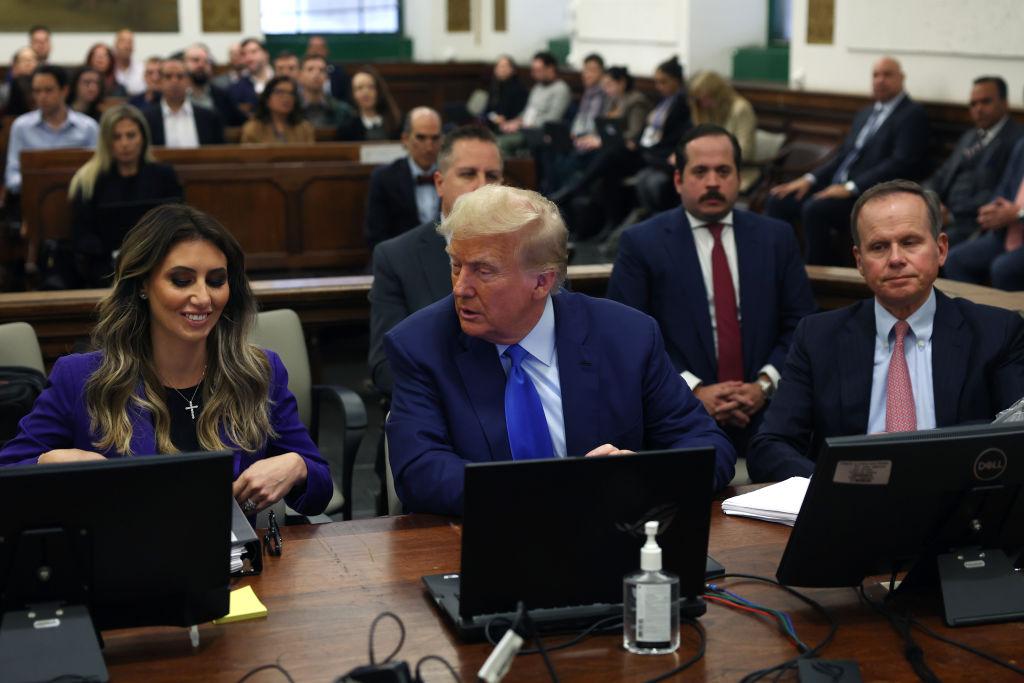After beginning with the testimony of Donald Trump Jr. on Nov. 13, defense attorneys in the case brought by New York Attorney General Letitia James against former President Donald Trump continued to present witnesses attesting there was no fraud in the Trump Organization statements of financial condition.
On Nov. 14, experts Steven Witkoff and Jason Flemmons testified on valuation and the specifics of certain Trump Organization deals.






